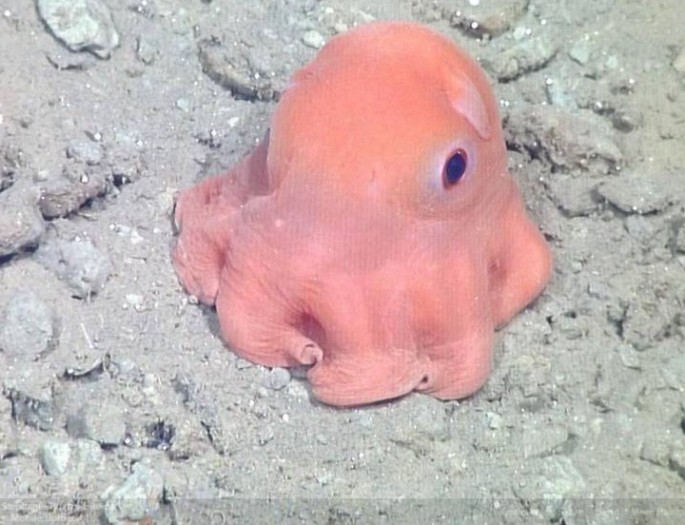Octopus was the subject of a recent DNA research which found its genetic make-up exceptionally unusual. Since the animal shares extremely few similarities with other mollusk, a theory pops up that octopuses could be aliens.
Octopuses are highly clever creatures. They can convincingly mimic a flounder by altering their skin color and pattern. They can also unscrew themselves out of a sealed jar and use coconut shells to build mobile homes.
The octopus central nervous system is entirely different from other creatures. Like a typical invertebrate, its central brain surrounds its esophagus. However, the creature's brain is exceptionally large and it also has groups of neurons in its arms that can work autonomously, said Daniel Rokhsar, co-author of the research published on Nature and professor of genetics and genomics at the University of California, Berkeley.
The creature has three hearts and prehensile sucker-lined tentacles. It also has large, highly mobile, camera-like eyes sensitive to polarized light. They are capable of jet-propulsion and regenerating severed limbs, Live Science reported.
The genome of the cephalopod mollusk shows a striking level of complexity with 33,000 protein-coding genes identified, which is considerably more than humans.
"The sequencing was an opportunity to look at the genome and see what we can learn about the unique brain and morphology of the octopus," said Rokhsa.
Octopus diverged over 270 million years ago when the closest human ancestors in existence were fishes. The creature can walk along the seafloor on its arms, using its sensitive suckers to feel out their way. Octopuses do not have to turn their bodies to change direction. One arm can push off a surface and thrust it where it needs to go.



























